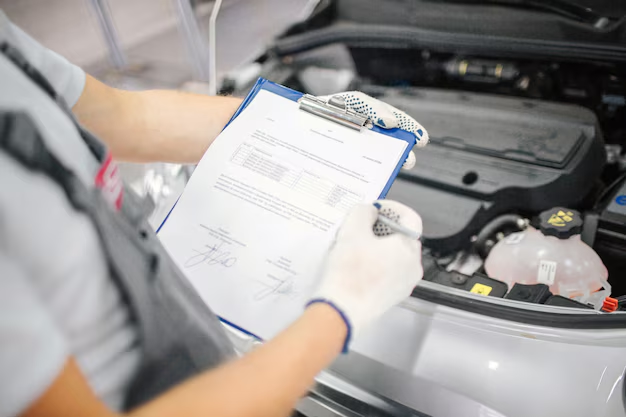How to Become a Certified Auto Technician: Degrees, Certifications, and Licenses
Pursuing a career as a certified auto technician promises a dynamic and fulfilling experience within the ever-evolving automotive industry. To embark on this path, it's essential to lay a solid foundation with the right education and credentials. While a high school diploma or GED is the minimum requirement, aspiring technicians frequently benefit greatly from enrolling in post-secondary programs, such as an Associate of Applied Science (AAS) in Automotive Technology or similar courses offered by community colleges and technical schools. These programs typically cover critical areas such as engine repair, brake systems, and electrical fundamentals.
In addition to formal education, obtaining industry-recognized certifications can significantly enhance credibility and career prospects. The Automotive Service Excellence (ASE) certification is highly regarded, offering various levels and specializations that demonstrate proficiency and dedication. Furthermore, many employers prioritize candidates who have completed manufacturer-specific training, often provided through apprenticeship programs or direct partnerships with automotive companies. By integrating both degrees and certifications, future auto technicians are well-equipped to tackle the complexities of modern vehicles and ensure a successful career trajectory.
Key Pathways to Becoming a Certified Auto Technician:
-
🎓 Associate Degree in Automotive Technology
- Gain comprehensive technical knowledge and hands-on experience.
-
📜 ASE Certification
- Obtain recognized credentials in specific automotive systems.
-
👨🔧 Manufacturer-Specific Training
- Acquire specialized skills through partnerships with car manufacturers.
-
🚗 Apprenticeship Programs
- Gain practical experience while learning on the job.

Related Topics
- Becoming Dental Hygienist
- Becoming A Phlebotomist
- Dental Hygienist Duration
- Dialysis Tech Timeline
- Dialysis Technician Timeline
- Flight Paramedic Duration
- Hygienist Timeline
- Become Lab Tech
- Mammography Tech Timeline
- MRI Technologist Duration
- Nurse Technician Timeline
- Pathologist Assistant Timeline
- Pediatric Sonographer Timeline
- Pharm Tech Timeline
- Pharmacy Technician Timeline